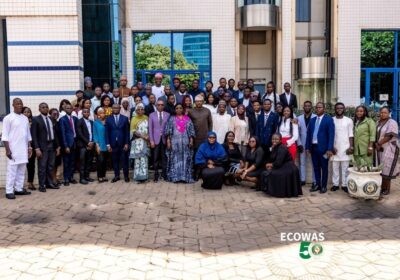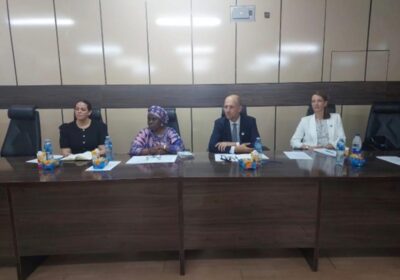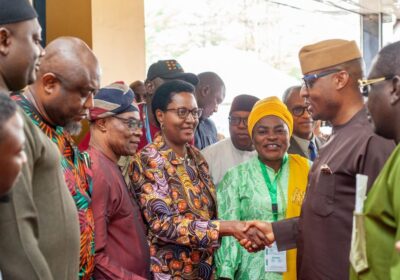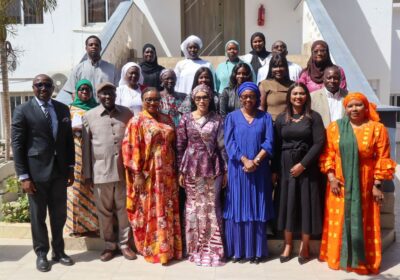ECOWAS@50:A Region in Reflection, Civil Society’s Role in Reshaping W/Africa’s Future”
By Raymond Enoch
As the Economic Community of West African States (ECOWAS) approaches its 50th anniversary come 28th May 2025 in Lagos ,Nigeria, a milestone that the regional bloc stands at its historic crossroads—caught between celebrating half a century of regional cooperation and responding to urgent calls for reform.
Civil Society Organizations (CSOs), often overlooked in formal processes, now have a critical opportunity to shape the future trajectory of ECOWAS and reignite conversations around its relevance, resilience, and reform agenda in the framework of ECOWAS vision 2050..
The July 29, 2025 deadline looms large, marking the proposed withdrawal of three Sahel states—Mali, Burkina Faso, and Niger—from the regional body. This possible exit poses threat to regional unity. It raises fundamental questions: What does ECOWAS stand for at 50? Can it still deliver on its founding vision of integration, peace, and prosperity? Can the exit exert on its energy and perception?
Amidst the challenges of democratic backsliding, rampant insecurity, growing migration concerns, and the stalling of the free movement and trade agenda, CSOs are uniquely positioned to add value. By serving as a bridge between citizens and policymakers, they can ensure that reforms are inclusive, people-driven, and grounded in grassroots realities.
“Civil society can keep the ECOWAS at 50 conversation alive, not just as a commemorative event but as a transformative moment,” said a regional analyst. “They can advocate for more transparency in ECOWAS decisions, amplify marginalized voices, and mobilize public support for democratic norms.”
A Reform Agenda Anchored on People within the framework of the mandate of the Commission. For ECOWAS to remain a credible transformative force in the next 50 years, reform must go beyond bureaucratic tinkering. Civil society can play a watchdog role—holding leaders accountable while promoting dialogue around the following.
Strengthening democratic institutions and electoral integrity in member states.
Rethinking security responses to prioritize human rights and local ownership in member States.
Addressing root causes of irregular migration and youth disenfranchisement thereby placing youth and Women in the Center of institutions engagement.
Promoting intra-African trade and simplifying trade protocols.
Facilitating real regional integration that reflects the aspirations of West Africans.
With the countdown to the Sahel states’ exit underway, ECOWAS must act fast. Civil society can serve as mediators in back-channel diplomacy, urging for reconsideration and compromise. More importantly, they can shape the narrative around ECOWAS’s transformation—not as an elite agenda, but as a regional renewal grounded in popular legitimacy.
As ECOWAS turns 50, it must move beyond celebration to introspection. Civil society’s inclusion in shaping the reform agenda isn’t optional—it is essential. The regional bloc’s survival and relevance in the face of internal fragmentation and external pressure may well depend on its ability to listen to and learn from its people.
West Africa deserves more than commemorative speeches. It deserves action, unity, and a future redefined by its citizens.








